Government Initiatives and Funding
Government initiatives aimed at improving mental health services in South America are significantly influencing the mental health-software-devices market. Various countries in the region have allocated substantial budgets to enhance mental health care, with investments reaching upwards of $500 million annually. These initiatives often include funding for digital health solutions, which are increasingly recognized as effective tools for mental health management. As a result, the mental health-software-devices market is likely to benefit from these governmental efforts, fostering an environment conducive to innovation and growth in mental health technologies.
Increasing Awareness of Mental Health Issues
The growing awareness of mental health issues in South America is a pivotal driver for the mental health-software-devices market. As societal stigma diminishes, more individuals are seeking help, leading to a surge in demand for mental health solutions. Reports indicate that approximately 30% of the population in South America has experienced mental health challenges, prompting a need for accessible resources. This heightened awareness encourages the development and adoption of software and devices tailored to mental health care. Consequently, the mental health-software-devices market is witnessing a significant expansion, as stakeholders recognize the necessity of addressing these concerns through innovative technological solutions.
Focus on Personalized Mental Health Solutions
The emphasis on personalized mental health solutions is becoming a key driver in the mental health-software-devices market. Consumers are increasingly seeking tailored approaches to their mental health care, which can be facilitated through advanced software and devices. This trend is supported by research indicating that personalized interventions can lead to improved outcomes, with some studies showing a 25% increase in treatment efficacy. As a result, the mental health-software-devices market is likely to see a surge in demand for customizable applications and devices that cater to individual needs, thereby enhancing user engagement and satisfaction.
Rising Demand for Remote Mental Health Services
The demand for remote mental health services is on the rise in South America, driven by the need for accessible care. Many individuals face barriers to traditional therapy, such as geographical limitations and financial constraints. The mental health-software-devices market is responding to this demand by offering a variety of remote solutions, including mobile applications and online therapy platforms. Recent studies suggest that approximately 40% of individuals prefer remote consultations over in-person visits, indicating a shift in consumer preferences. This trend is likely to propel the growth of the mental health-software-devices market, as providers adapt to meet the evolving needs of their clients.
Technological Advancements in Mental Health Solutions
Technological advancements are reshaping the landscape of the mental health-software-devices market in South America. Innovations such as artificial intelligence, machine learning, and data analytics are being integrated into mental health applications, enhancing their effectiveness and user experience. For instance, AI-driven chatbots are increasingly utilized for preliminary assessments and ongoing support, making mental health care more accessible. The mental health-software-devices market is expected to grow as these technologies become more prevalent, with projections indicating a compound annual growth rate (CAGR) of 15% over the next five years. This growth reflects the potential of technology to transform mental health care delivery.


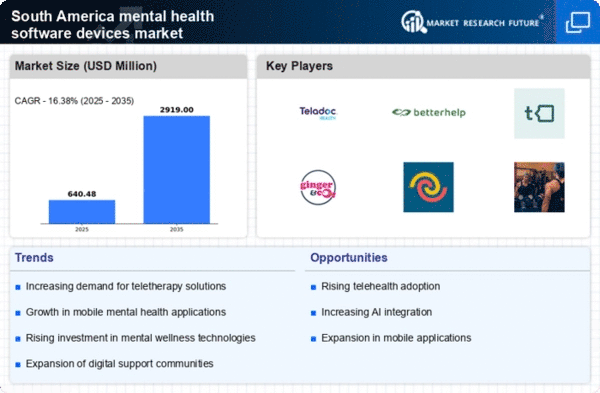
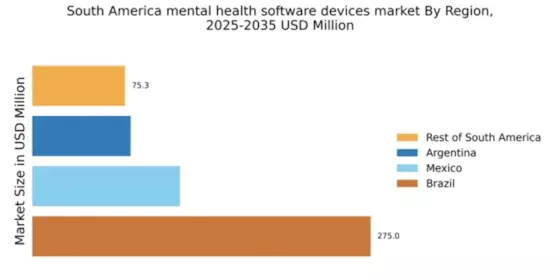
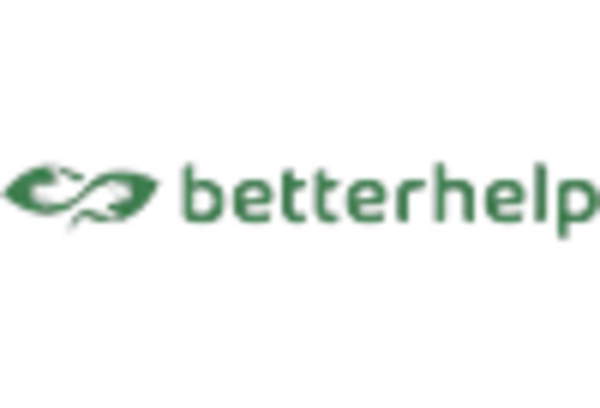
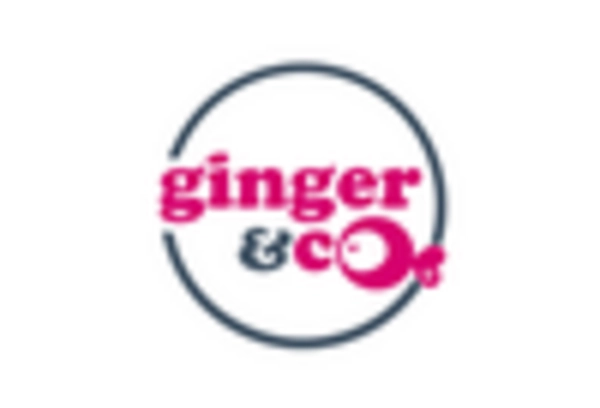

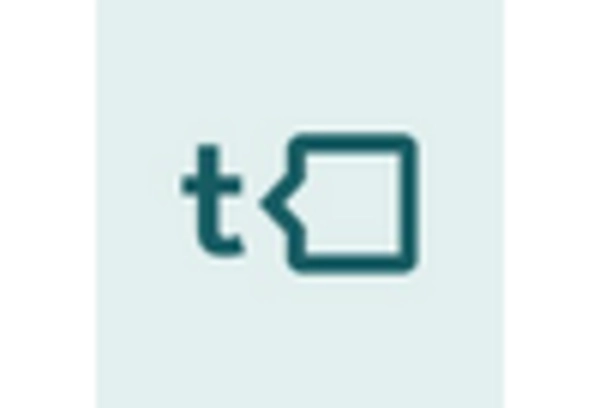
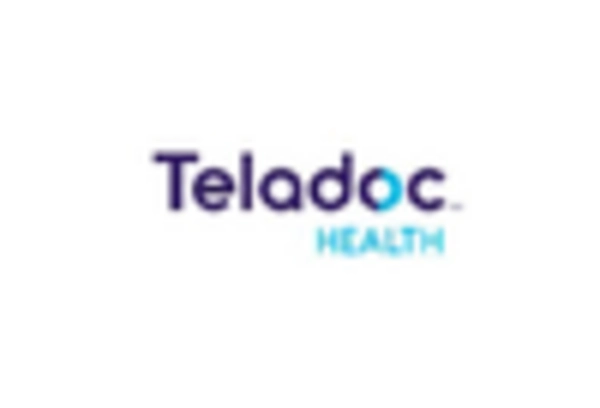









Leave a Comment